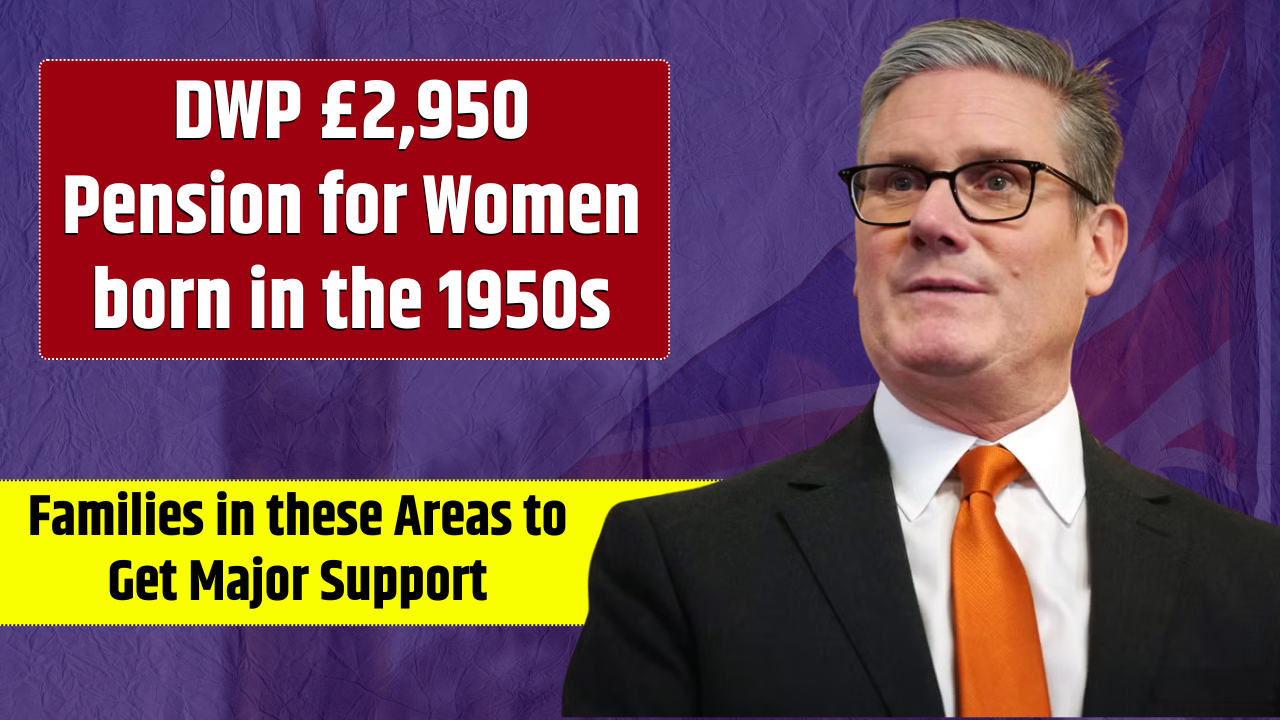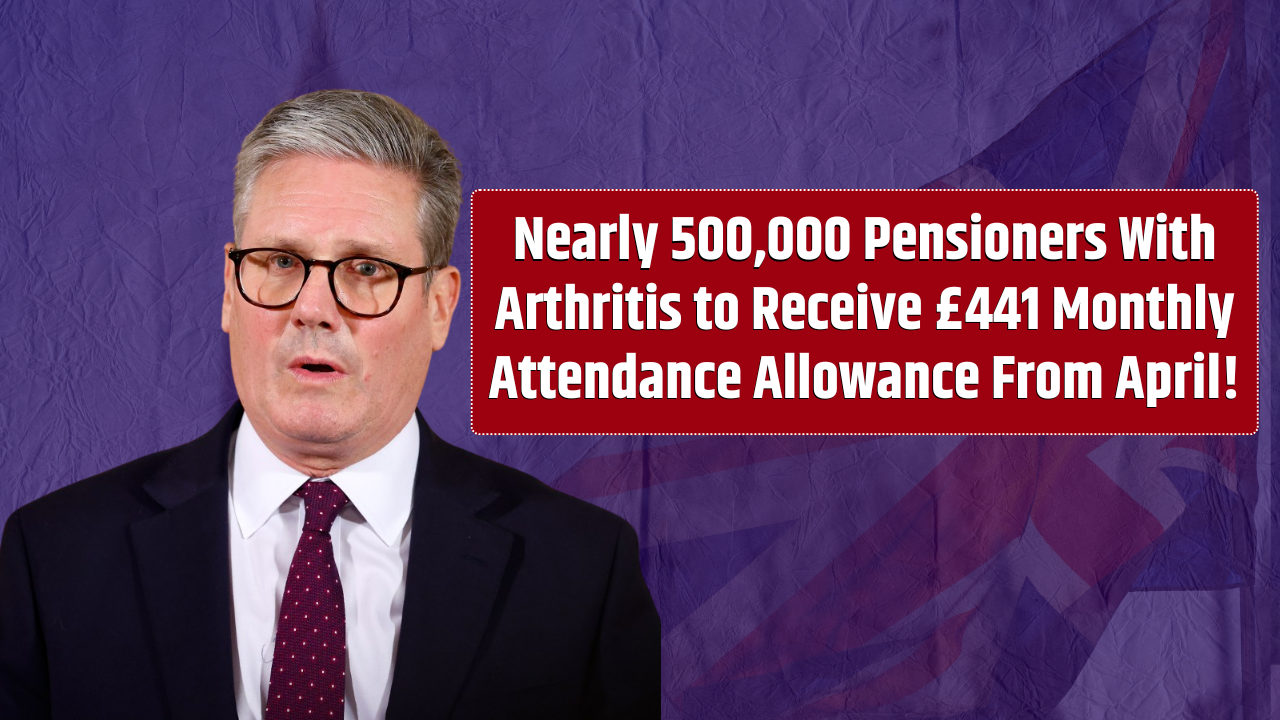Thousands of women born in the 1950s are continuing their fight for justice over changes to the UK state pension age. Known as the WASPI campaign—Women Against State Pension Inequality—these women say they were unfairly impacted by sudden increases in the pension age, without proper warning or communication from the government.
Now, after years of legal and political pressure, the Parliamentary and Health Service Ombudsman (PHSO) has recommended compensation of up to £2,950 per woman. However, the UK government and the Department for Work and Pensions (DWP) are refusing to pay, sparking a legal standoff that could soon reach the High Court.
Why WASPI Women Are Demanding Compensation
Between the 1990s and 2011, the UK government gradually increased the state pension age for women from 60 to 65, and eventually to 66, bringing it in line with men. While this policy aimed for gender equality in retirement age, many women say they received little or no notification, and had already planned their retirement based on the original age.
As a result, they faced:
- Delayed retirements
- Financial hardship
- Major lifestyle disruptions
WASPI Campaigners’ Core Claims:
| Issue | Description |
|---|---|
| Lack of Notice | Many women say they weren’t properly informed about the pension changes. |
| Sudden Transition | The age increase happened faster than many expected, leaving little time to adjust plans. |
| Financial & Emotional Stress | Women had to work longer or faced income gaps without proper support. |
What the Government Says
The DWP has admitted there was a delay in communication, which qualifies as maladministration. However, it continues to deny any obligation to compensate, arguing:
- By 2006, around 90% of 1950s-born women were aware of the changes.
- Only 25% remembered receiving official letters.
- Paying £10.5 billion in compensation would be “too expensive and unfair to taxpayers.”
Despite the Ombudsman’s findings, the government maintains that the communication error did not result in “direct, serious harm” that would justify compensation payouts.
The Legal Showdown: What Happens Next?
The WASPI group has formally sent a “letter before action” to the DWP, giving the government 14 days to respond or face High Court proceedings. That deadline has now passed, and campaigners are preparing to take legal action.
To support their legal battle, WASPI has launched a CrowdJustice campaign to raise £75,000. Their goal: force the government to comply with the Ombudsman’s compensation recommendation through the courts.
Key Developments So Far:
| Timeline | Event |
|---|---|
| Ombudsman ruling | Found maladministration in how changes were communicated |
| Compensation proposed | Up to £2,950 per woman affected |
| DWP response | Acknowledged delay, but rejected payout |
| Legal warning | WASPI sent formal notice; deadline expired |
| Next step | Possible High Court action |
Voices Behind the Campaign
Angela Madden, chair of WASPI, has accused the government of “gaslighting” the women affected—undermining their lived experiences and financial suffering. She insists the campaign is about more than money—it’s about dignity, accountability, and fairness.
WASPI campaigners have gained broad public support and media attention, representing millions of women who feel misled and marginalized by the sudden pension changes.
Why This Matters
This is not just a political or financial issue—it’s about how governments handle life-altering policies, and whether citizens are properly informed of changes that affect their futures.
The coming weeks could mark a turning point. If the government refuses to reconsider, High Court action may compel it to act, potentially unlocking financial relief for thousands of affected women.
FAQs
Who are the WASPI women?
They are women born in the 1950s who were affected by increases in the state pension age and claim they were not properly informed of the changes.
How much compensation is being proposed?
The Parliamentary and Health Service Ombudsman has recommended up to £2,950 per woman.
Is the government paying the compensation?
No. The government acknowledged communication failures but has refused to offer compensation, citing cost and taxpayer fairness.
What legal action is being taken?
WASPI campaigners have issued a “letter before action” and are preparing to take the case to the High Court after the DWP missed the response deadline.







